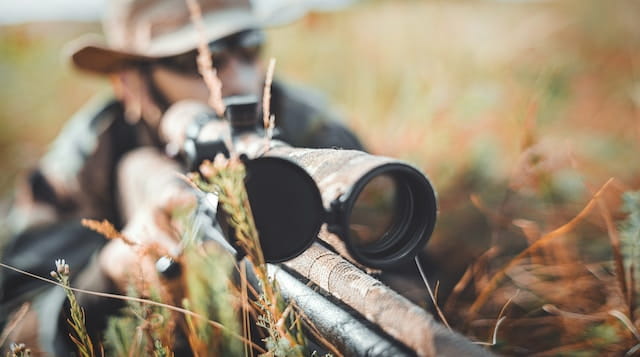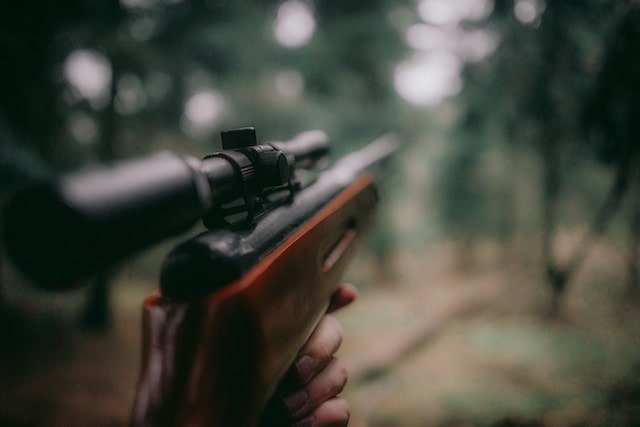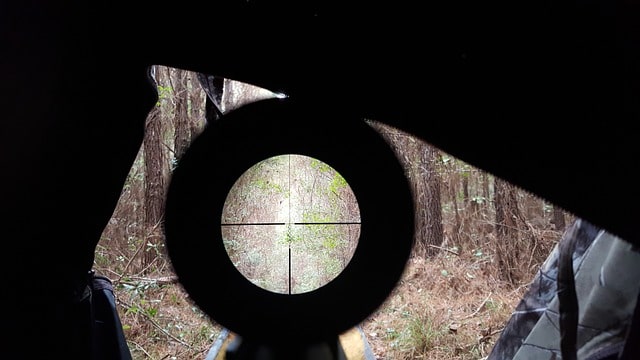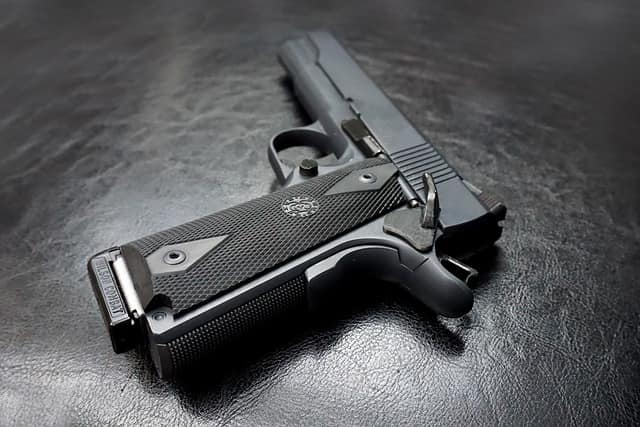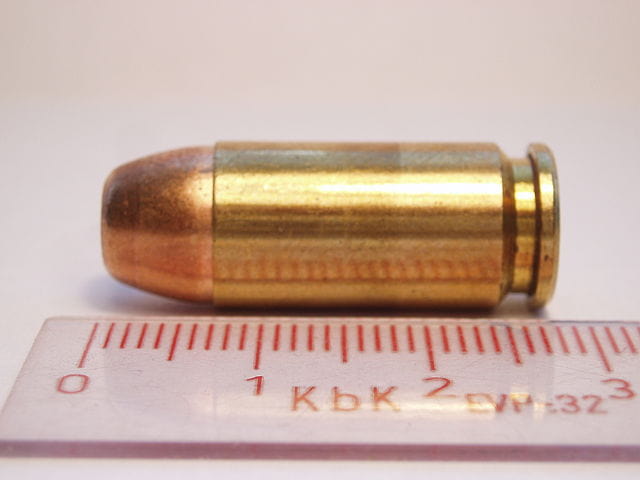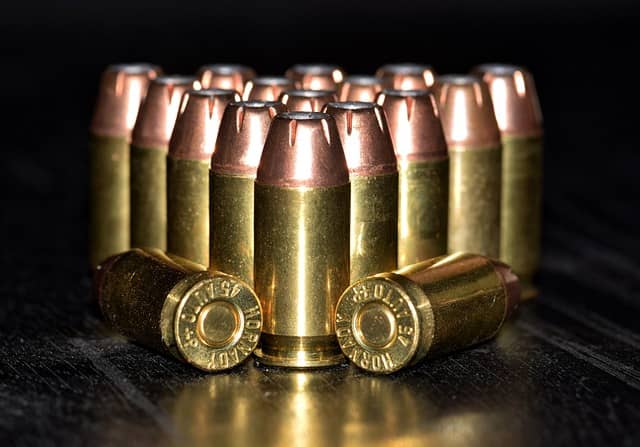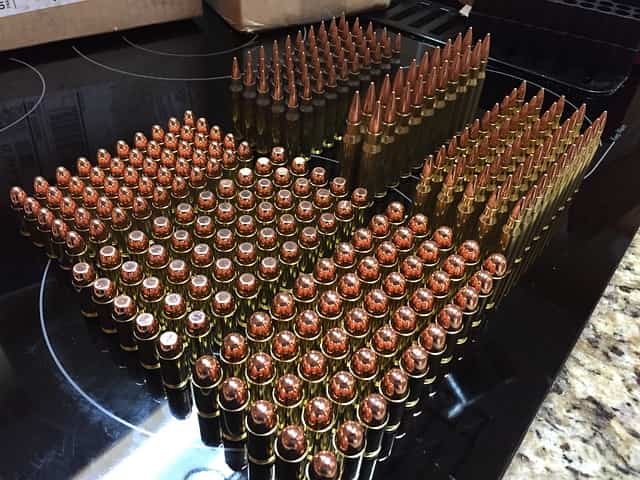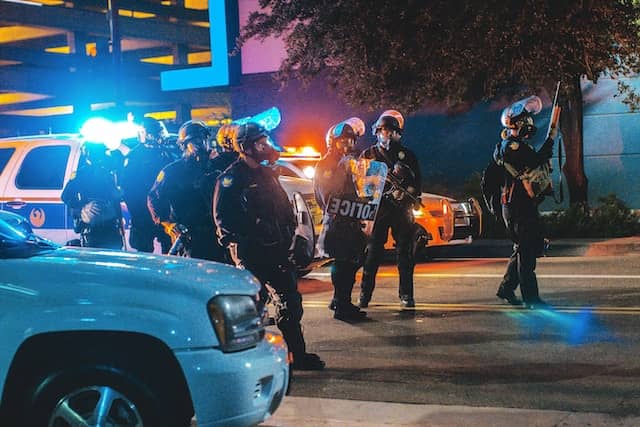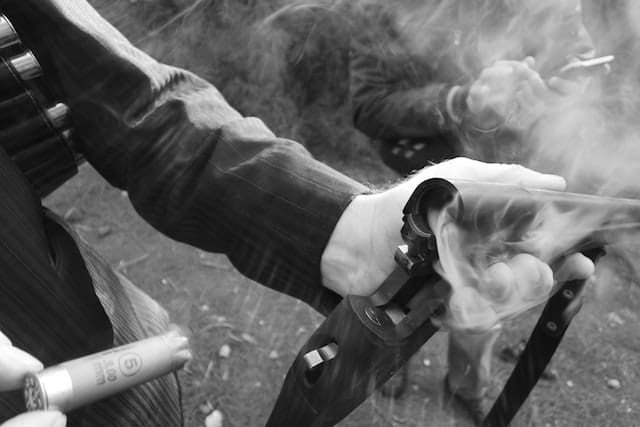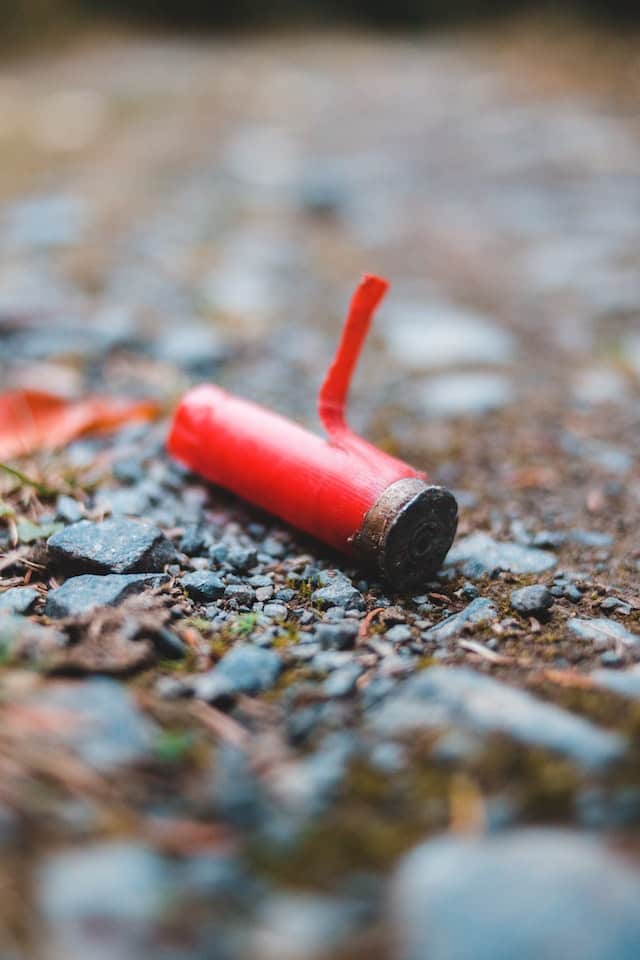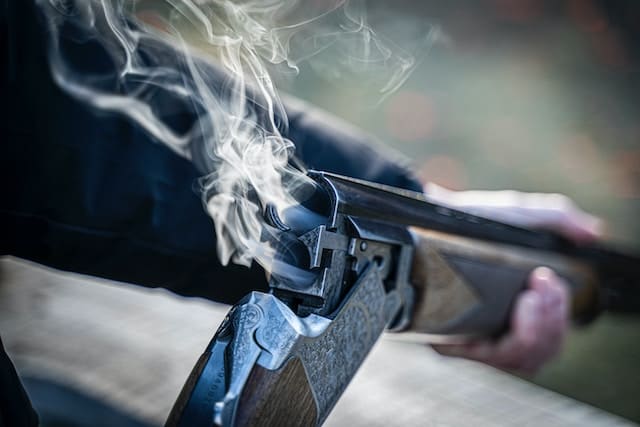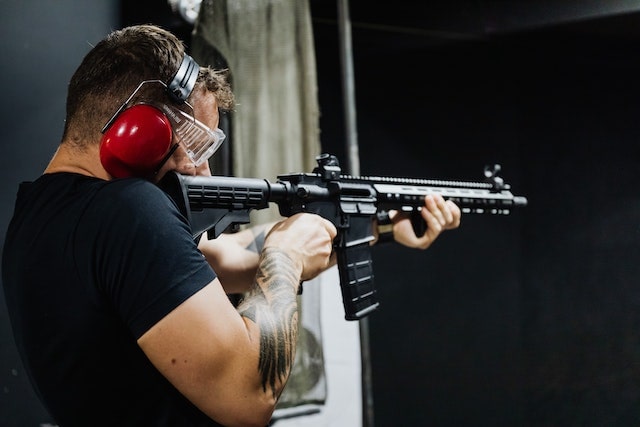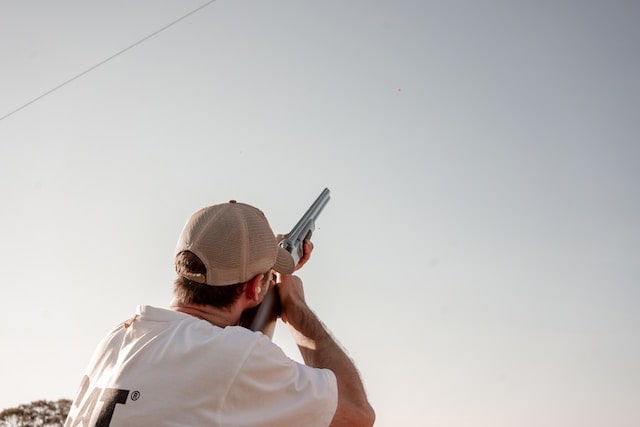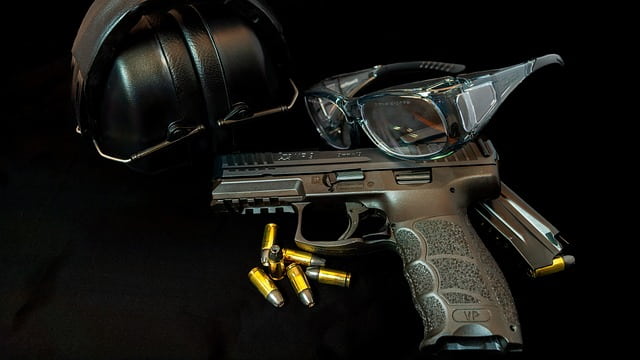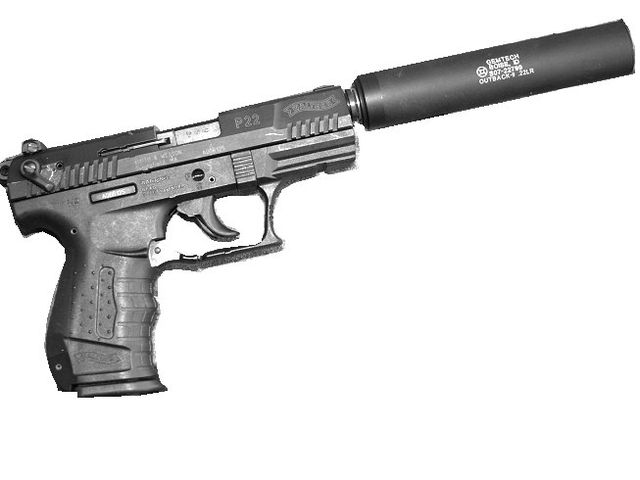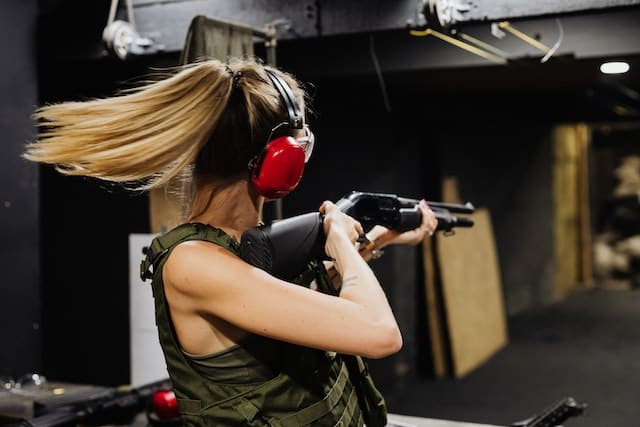
When it comes to shotguns, one of the most important factors to consider is patterning. Patterning refers to the way in which the shot spreads out as it exits the barrel of the shotgun. The goal of patterning is to determine the ideal distance at which to shoot in order to achieve the desired pattern performance.
What distance should be used to pattern a shotgun? This depends on a number of factors, including the type of shotgun being used, the shot size, and the desired pattern performance. For example, a shotgun with a tighter choke may require a shorter distance for patterning, while a shotgun with an open choke may require a longer distance. Similarly, larger shot sizes may require a shorter distance for patterning, while smaller shot sizes may require a longer distance.
Ultimately, the key to successful patterning is experimentation. By testing different distances and shot sizes, shooters can determine the ideal pattern performance for their specific needs and preferences. With practice and patience, shooters can achieve consistent, accurate results with their shotguns.
Read on to learn What Distance Should be used to Pattern a Shotgun.
What is Shotgun Patterning?
It is the process of testing the spread of shot charge from a shotgun at different distances to determine the best distance for accurate shooting. In simpler terms, it is a way of measuring the density of shot pellets at a specific distance from the shotgun.
Shotgun pattern testing is crucial because it helps determine the best distance for shooting at different targets. The pattern of a shotgun is affected by various factors such as shotshell, ammunition, lead shot, steel shot, and the type of choke used. Therefore, it is essential to test the pattern of a shotgun with different shotshells and choke tubes to determine the best combination for accurate shooting.
The distance at which a shotgun should be patterned depends on the type of shooting. For example, for upland bird hunting, a shotgun should be patterned at 25 yards, while for waterfowl hunting, a shotgun should be patterned at 40 yards.
Why is Choosing the Right Distance Important?
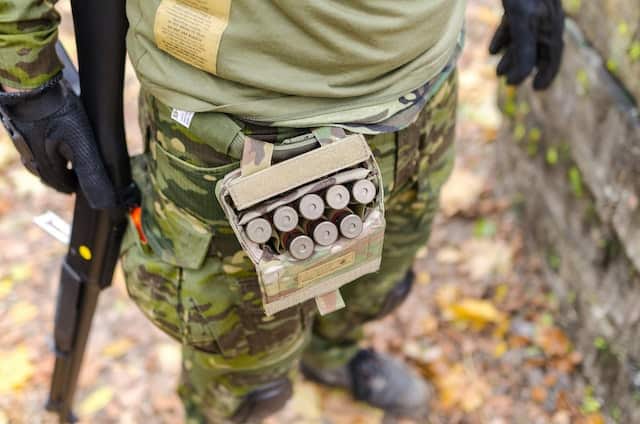
Pattern Percentages
The pattern percentage is the percentage of pellets that hit the target. Choosing the right distance is crucial to achieving the desired pattern percentage. If the distance is too far, the pattern will be too spread out, and the percentage of pellets hitting the target will be lower. On the other hand, if the distance is too close, the pattern will be too tight, and the percentage of pellets hitting the target will be higher than desired.
Choke Tubes
The choke tube is a device that is used to control the spread of the shot. Choosing the right distance is important when selecting the right choke tube. A tighter choke will have a smaller spread, and a looser choke will have a larger spread. If the distance is too far, a tighter choke may be necessary to achieve the desired pattern percentage. If the distance is too close, a looser choke may be necessary to achieve the desired pattern percentage.
Off-Center Shots
Off-center shots can occur when the shooter is not properly aligned with the target. Choosing the right distance can help reduce the number of off-center shots. If the distance is too far, the shooter may have difficulty aligning with the target. If the distance is too close, the shooter may be too close to the target, making it difficult to align properly.
Swing and Point of Impact
Choosing the right distance is important when considering the swing and point of impact. If the distance is too far, the shooter may have difficulty leading the target properly.
Factors to Consider when Choosing Distance

Air Resistance
Air resistance can affect the pattern performance of a shotgun, especially at longer distances. The higher the air resistance, the more the shot pellets will be slowed down, causing them to lose energy and momentum. Therefore, it is important to consider the wind conditions when selecting the distance for patterning a shotgun.
Shot Size
The larger the shot size, the more energy and momentum it will have, allowing it to travel further and maintain its pattern performance. However, larger shot sizes also have more air resistance, which can affect their performance at longer distances.
Choke Tubes
Choke tubes are a critical component of a shotgun’s performance and can greatly affect the pattern performance of the shotgun. The tighter the choke, the more the shot will be concentrated, resulting in a smaller pattern. Therefore, it is important to select the right choke for the desired distance and shot size.
Shotgun Performance
The type of shotgun, barrel length, and ammunition used can all affect the pattern performance of the shotgun. It is important to test the shotgun’s performance at different distances to determine the best distance for patterning.
| Distance | Air Resistance | Shot Size | Choke Tubes | Shotgun Performance |
|---|---|---|---|---|
| 25 yards | Low | Small | Open | Good |
| 35 yards | Moderate | Medium | Modified | Average |
| 40 yards | High | Large | Tight | Poor |
| 50 yards | Very High | Extra-Large | Full | Very Poor |
What Distance Should be used to Pattern a Shotgun?
Sighting
Before you begin patterning your shotgun, it’s essential to ensure that you have the correct sight picture. A proper sight picture will help you aim accurately and consistently. To get a good sight picture, you need to align the front and rear sights with your target.
Patterning at 25 Yards
Patterning your shotgun at 25 yards is a good place to start. This distance is ideal for clay target shooting and most upland bird hunting. To pattern your shotgun at 25 yards, set up a target and shoot at it. Check the pattern to see where the pellets hit the target. If the pattern is too tight or too loose, adjust your choke accordingly.
Patterning at 35 Yards
Patterning your shotgun at 35 yards is essential for turkey hunting. This distance allows you to see how your shotgun performs at longer ranges. When patterning your shotgun at 35 yards, use a turkey target. Check the pattern to see if it’s concentrated in the head and neck area. If not, you may need to adjust your choke or change your shot size.
Patterning at 40 Yards
Patterning your shotgun at 40 yards is necessary for waterfowl hunting. This distance allows you to see how your shotgun performs at longer ranges and with larger shot sizes. When patterning your shotgun at 40 yards, use a waterfowl target. Check the pattern to see if it’s concentrated in the kill zone. If not, you may need to adjust your choke or change your shot size.
Patterning at 50 Yards
Patterning your shotgun at 50 yards is essential for long-range shooting. This distance allows you to see how your shotgun performs at extreme ranges. When patterning your shotgun at 50 yards, use a large target. Check the pattern to see if it’s concentrated in the kill zone. If not, you may need to adjust your choke or change your shot size.
Remember, patterning your shotgun is an ongoing process. You should pattern your shotgun regularly to ensure that it’s performing optimally. By following these simple steps, you can improve your accuracy and increase your chances of success in the field.
Have you ever thought about buying ammo online?
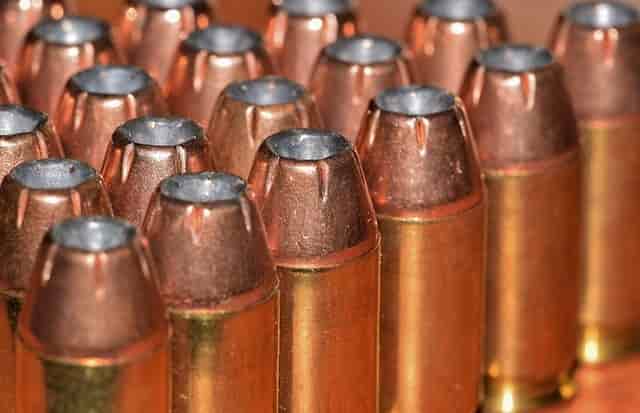
I’m telling you it’s so easy with Lucky Gunner! The ammo shown on their site is guaranteed to be in stock and will ship fast. I heartily endorse Lucky Gunner and so do their many customers.
“Okay, so far I’ve dealt twice with LuckyGunner, and all I can say is, I LOVE YOUR COMPANY!!!!
Imagine: only items in stock are advertised. Who’da thunk, eh? The more highly advertised ones – Cheaper Than Dirt, Cabela’s, et. al. – will put you on backorder forever and a day. But LuckyGunner – I ordered 500 shells of .45 ACP (hard to get in this “shortage”) – and there it was at my address. No backorders, no bull. Business as it should be.
Yes, I’m telling my friends! I’m constantly writing down your addy on bits of paper (and running out of the latter), spreading the joyous news, “No backorders! No bull! Try LuckyGunner.com, you won’t be sorry!” Thank you for being there for an ammo-starved public. And, thanks for the SUPERB customer service.”
— Walter J., Silverdale, WA —

